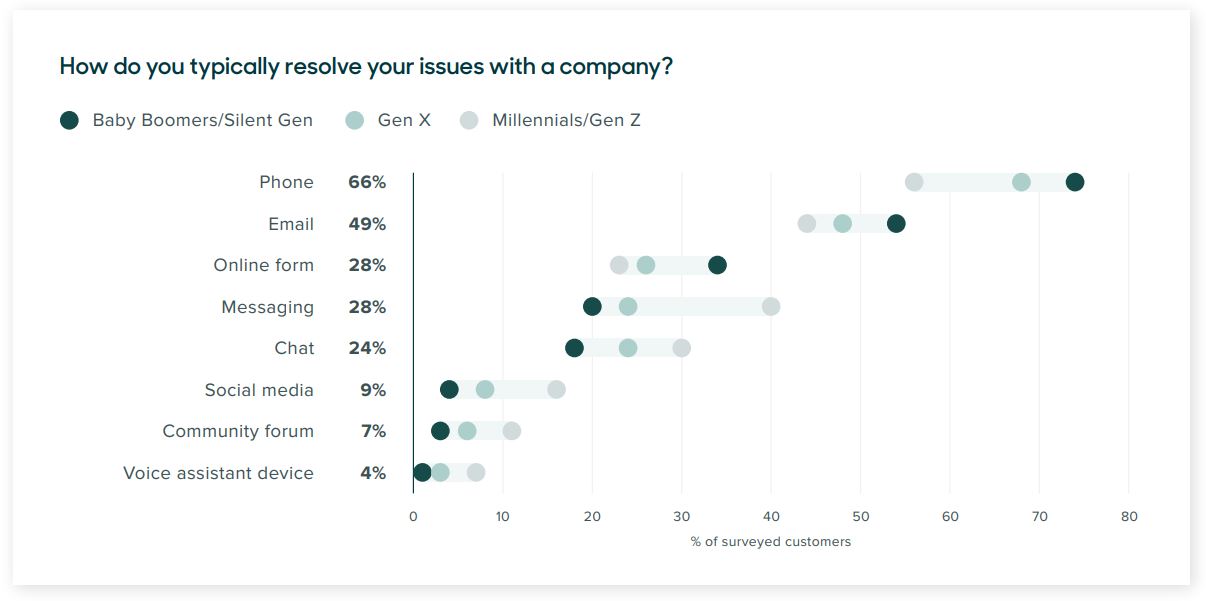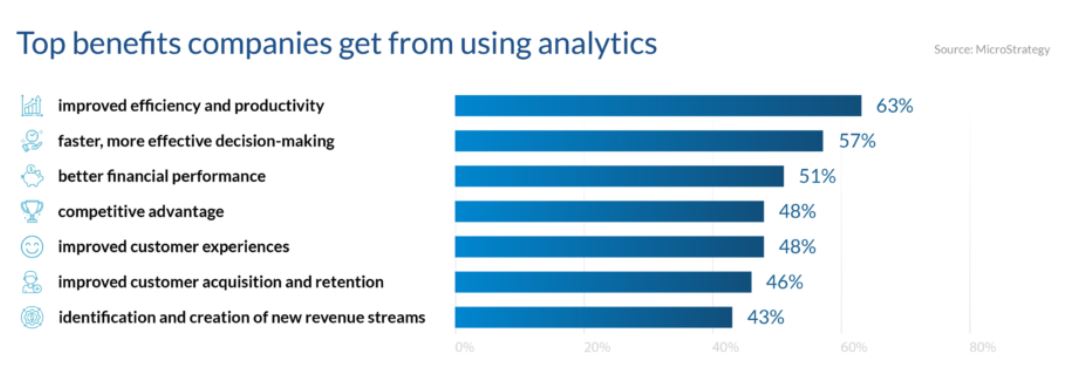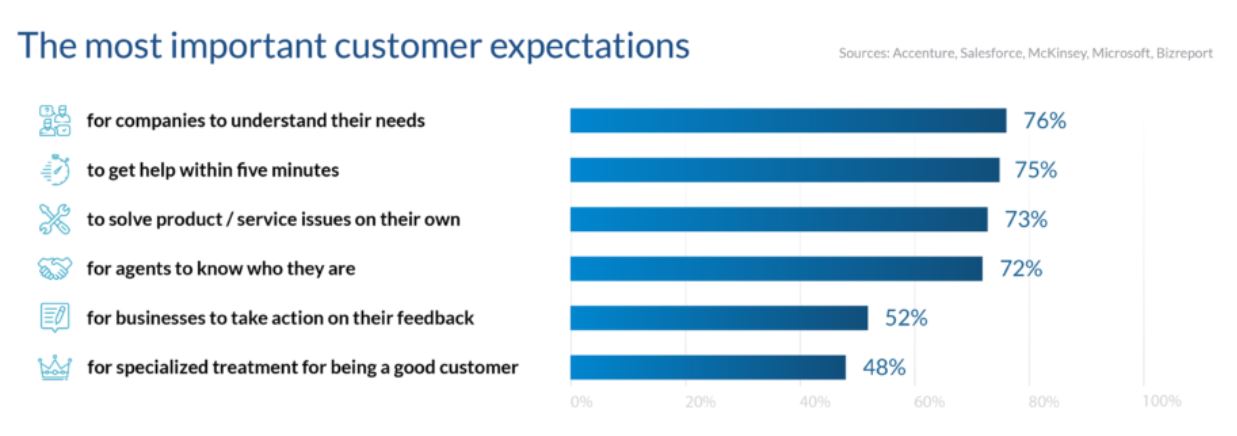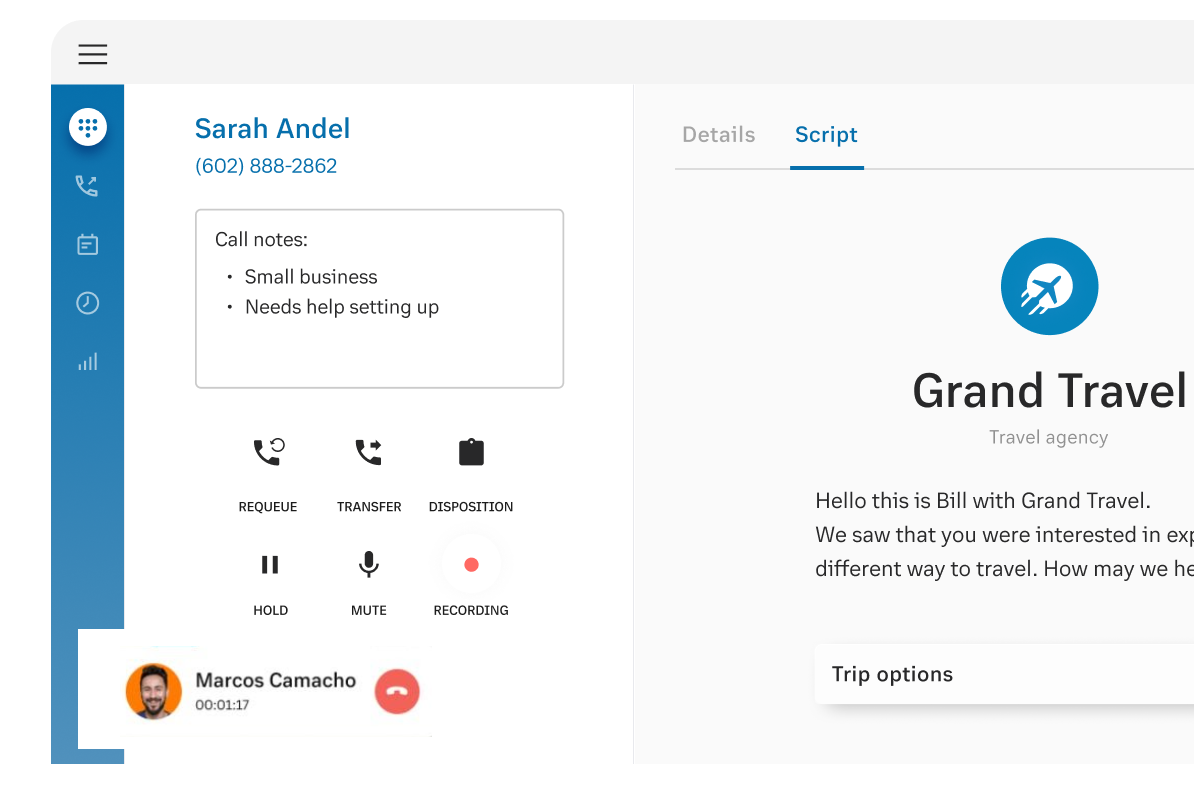In this article, we'll cover:
Call Management: How it Works and How it Can Help your Business
Despite communication through digital channels increasing, phone systems remain a key part of consumer buying journeys, with 66% of customers resolving issues via phone. Having reliable tools to manage these phone calls is vital.
Call management allows businesses to route, track and analyse inbound and outbound calls. It can provide valuable insights, helping companies to make informed decisions about employee performance, marketing campaigns and customer service.
In this guide, we’ll go over what call management is, how it works and how it can help your business succeed.
What is call management?
Call management refers to the processes and solutions businesses use to handle incoming calls. A call management system will track calls, collect valuable data and direct calls to the right place.
For companies that use a contact centre, an efficient call management system is a must-have. It can help you provide fast responses to calls and build better long-term relationships with customers and prospects. Plus, by improving agent productivity, companies can deliver a memorable customer experience and boost their overall performance and ROI.

How does a call management system work?
A call management system uses calling features and predetermined parameters or rules to intelligently route calls through telephone systems. These include features like Interactive Voice Response (IVR), call queues and hunt groups.
Three main types of call routing take place, and the rules the software uses to direct calls will depend on the type of routing involved. Here are the three types:
- Time-based routing. Inbound calls route to a specified destination depending on the time. For instance, inbound calls made outside of business hours transfer to overseas call centres or voicemail.
- Skills-based routing. To ensure a high first call resolution (FCR) rate, calls are directed to the agent best suited to assist the customer. This could be a team member with the highest close rate, or with specialist knowledge about a product. For instance, product repair calls will be sent directly to the repair team, instead of requiring a call transfer from customer service.
- Round-robin routing. As calls arrive, they are distributed fairly among agents. This ensures everyone has the same number of calls to handle, and no long queues for individual agents form. This is a popular and easy call distribution method.
These three types of call routing are often combined and used in tandem for a more efficient workflow.
But call routing isn’t the entire story. Call management systems are popular because they also track, process and analyse calls to provide you with the data you need to make informed decisions about your business practices.
Call tracking
Call tracking involves creating unique telephone numbers for each aspect of your business or marketing campaign. When your customers call a particular number, the call management system can categorise the call and identify the associated marketing, service or sales channel.
For example, if a customer called from a radio ad number, the system would log their phone number, name, location and other demographics. You would then be able to use this to assess the success of the relevant radio advert.
By tracking call data, you can gather vital data like:
- Customer information for your CRM
- FCR
- Close rate
- Prominent keywords
- Handle time
- Call outcomes
Processing and analysis
Once you’ve gathered data, you have to analyse it in order to understand how you can improve your marketing campaigns, target customers better or improve your customer service.

Call management software takes data like caller telephone numbers, location, call outcome and voice analysis and uses it to paint a picture of your customers and campaigns.
By using AI-powered processing and analysis, the systems can analyse data in real time and give you a dashboard of actionable data. This information can be invaluable for your business efforts, with insights including:
- The locations of interested/engaged customers
- Best performing/closing agents
- Likely call outcomes
- The effectiveness of marketing campaigns and channels
- Hot topics (spotted through keyword analysis)
However, AI can only do so much. While it’s brilliant at processing data, a human touch is required to ensure accurate insights are gleaned from it. Have human employees regularly check call results to confirm and factor in any information the software simply doesn’t have. For instance, was there a power outage? If so, that’ll be why there was a huge drop in calls on a certain afternoon.
How can a call management system help your business?
Call management software can do more for your business than simply handling your phone lines. It can help you improve customer relationship management (CRM), employee productivity and overall business performance. But how?
Reduced call abandonment
Logging customer data and using effective call routing enables you to direct incoming calls to the right agent, reducing call abandonment. Additionally, by analysing the data collected by the call management system, you can introduce strategies to reduce lost calls.
Easier staff management
By gathering information like call volume, you can identify peak times for phone calls and adjust your staffing accordingly. This lets you cut down on costs while improving the customer experience, reducing long hold times.

Better customer service
Intelligent call routing directs customer telephone calls to the right agent, cutting down call queues and providing customers with a resolution on their first call.
Additionally, call management systems allow for app integrations such as CRMs, giving agents access to a customer’s information and previous interactions. Having this data on hand lets agents provide faster, personalised and in-depth support, leading to a positive experience and great customer service.
Improves company performance
Call management software can tell you how each team member is performing. Through call recording, monitoring, and analysing, you can assess areas where staff excel and where they may need help.
By identifying potential problems and resolving them, you can improve the standard of your business calls. Plus, you can spot problems as they develop and catch them early, rather than trying to tackle them further down the line.
Data tracking
One of the biggest attractions of call management software is data tracking. It allows you to record a wealth of data from inbound and outbound calls, and use it to improve your workflow and business strategies.
This data includes vital call analytics and metrics like average call handling time, FCR and call queue time, among others. With real-time reporting, you can set up dashboards to instantly see agent performances, monitor live calls and take immediate steps to prevent issues.

Cost efficiency
The right call management system increases agent productivity and efficiency, which can save you money.
On top of this, call management providers offer a range of pricing options and plans. Whether you’re looking for a VoIP or cloud PBX solution or voicemail transcription, you can choose a system that’s cost-effective for your needs.
What to look for in a call management system
There are plenty of options available for call management systems to suit a range of businesses and budgets. So, when deciding on a company and solution for you, be picky.
Don’t just choose the top-rated or cheapest call management software or vendor. Research and identify the companies that fit your needs and workflow. Look for call management providers that have:
Experience
New companies can promise a great deal with cost-effective solutions and the latest functionalities, but they lack a proven track record.
If you’re investing in call management software for the first time, you’ll want a provider that can support your goals and guide you in the right direction. Look beyond standard call features like call recording or routing and focus on whether they have the experience to take you where you want to go.
Reliability
As any call centre manager will tell you, having reliable phone systems is vital to providing exceptional customer experiences, boosting brand awareness and reputation. So, when choosing a company to manage your phone calls, look for reliable providers.
Scrutinise vendors to find ones with dependable infrastructure to meet your needs and ensure no missed calls. Look into their SLAs (service level agreements), and check what they offer suits your needs. Companies should be offering a 99.9% uptime as minimum to be worth your time.
Excellent customer service
Providing excellent customer service is at the top of your list when dealing with clients, so look for companies that do the same.
Your call management vendor must provide you with the support you need during the initial onboarding phase and beyond. Look to see if they provide dedicated service representatives to work with your business, answer burning questions and help you make sense of your new call management solution data.
Implementing a new system to manage your phone lines can be challenging. Ensure you’ll get the customer service you need to get you running and keep you that way.
Call management solutions at RingCentral
An effective call management solution is key to achieving your business aims. As well as streamlining your communications, it allows you to nurture and support prospects, boost customer experiences and drive your business forward.
Therefore, it’s vital that you choose the best call management software and provider that can assist you in accomplishing your goals. Call management solutions from RingCentral can help you do just that.
RingCentral provides a robust set of call features, including agent management, intelligent routing and powerful analytics, in order to help you support your customers.
With real-time reporting and dashboards, app integrations and omnichannel capabilities, you can create efficient, helpful and personalised experiences, leaving your customers satisfied.
Originally published Apr 07, 2022


